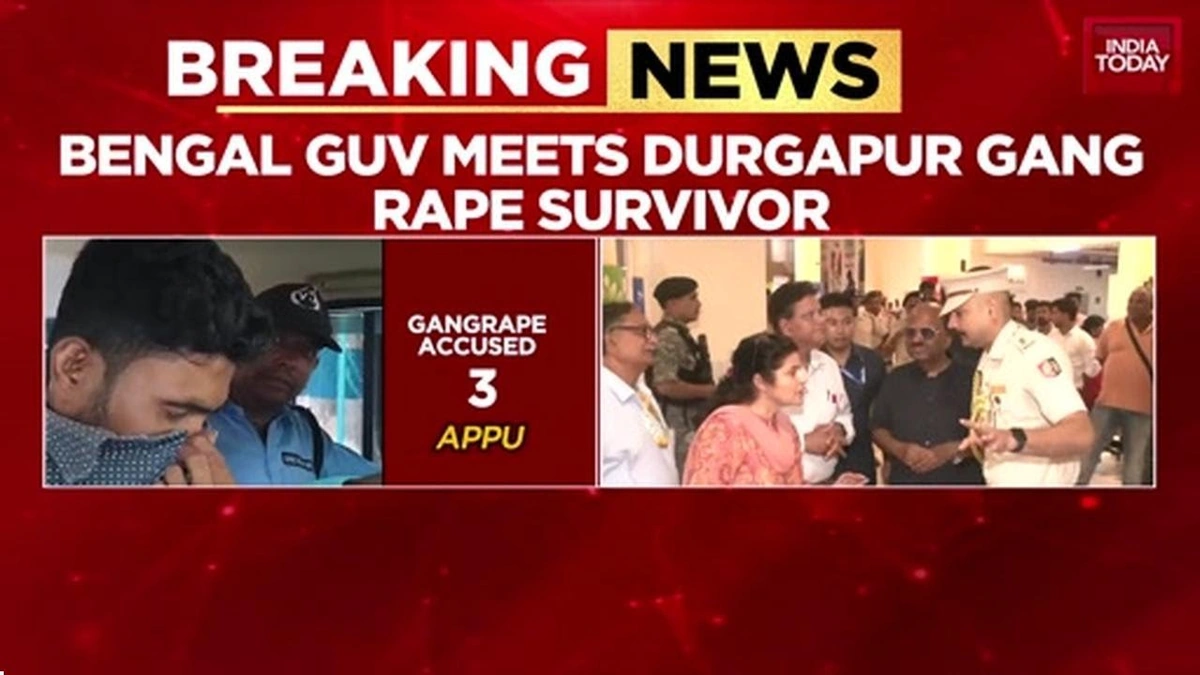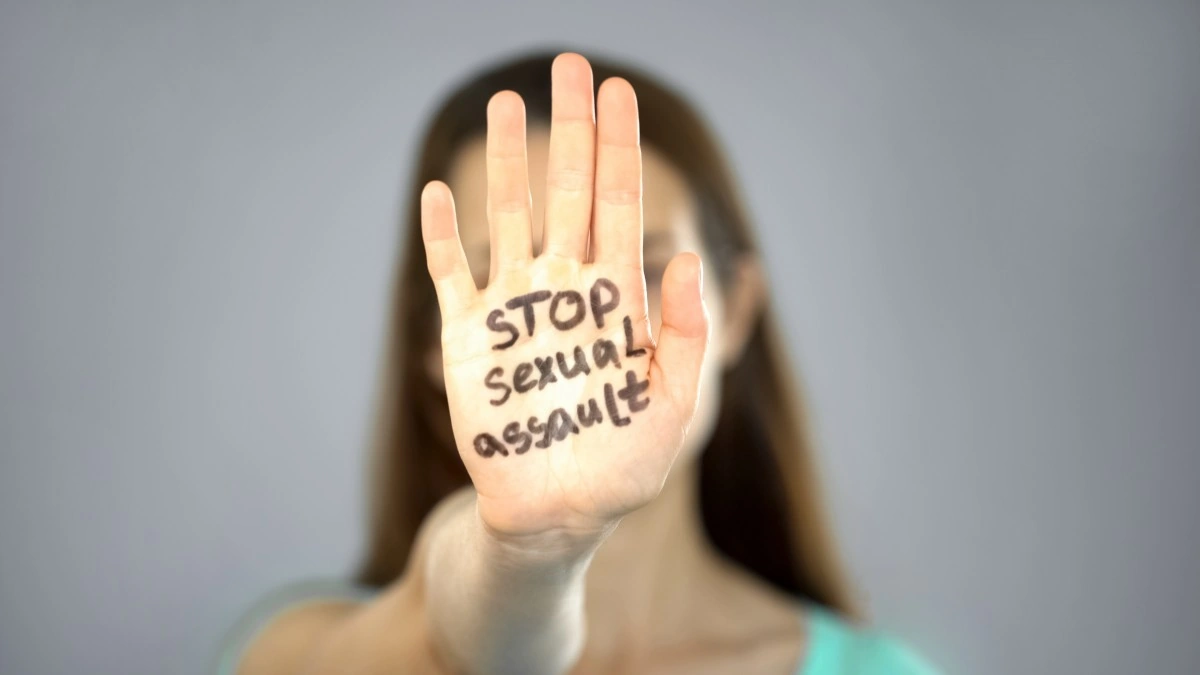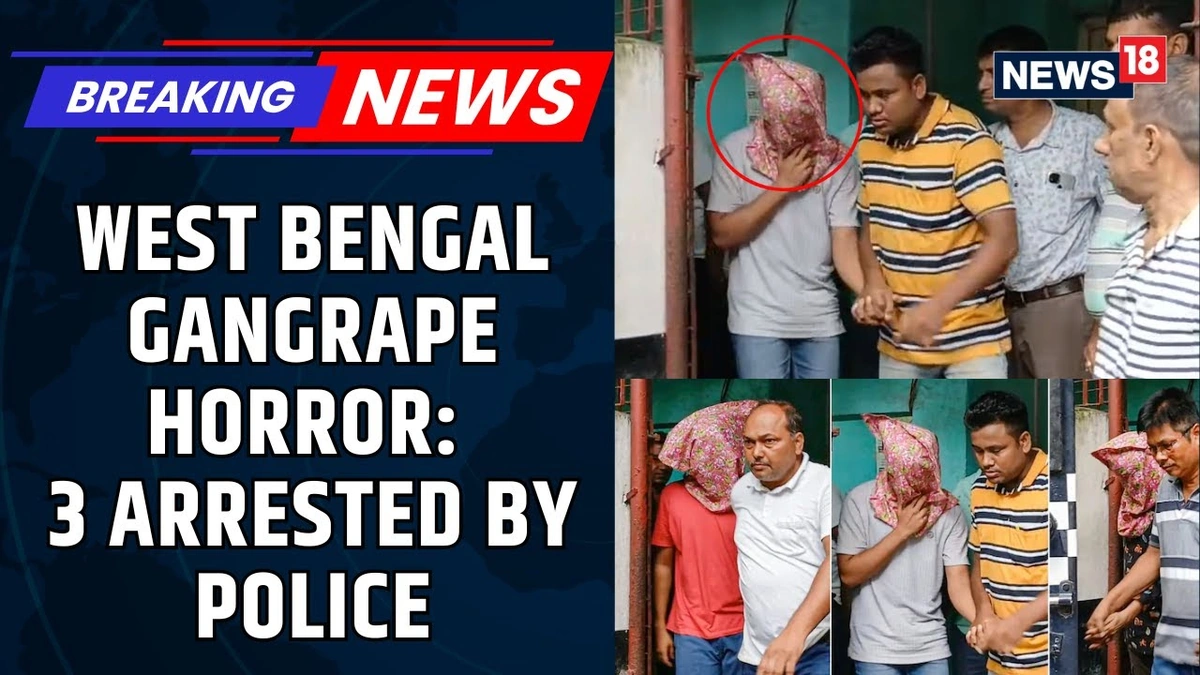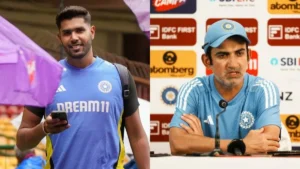Durgapur ‘gang rape’ | BJP leaders accused of communalizing crime by omitting a non-Muslim suspect
The alleged Durgapur gang rape case has ignited a political firestorm, raising uncomfortable questions about the weaponization of crime and the selective outrage that often accompanies it. It’s not just about the horrific act itself – and let’s be clear, a heinous crime is a heinous crime, regardless of who commits it – but about the deliberate attempts to twist the narrative for political gain. What fascinates me is how quickly certain narratives take hold, and how easily nuance is sacrificed at the altar of ideology. This isn’t just a news story; it’s a stark illustration of the fault lines that fracture our society.
The Omission That Spoke Volumes
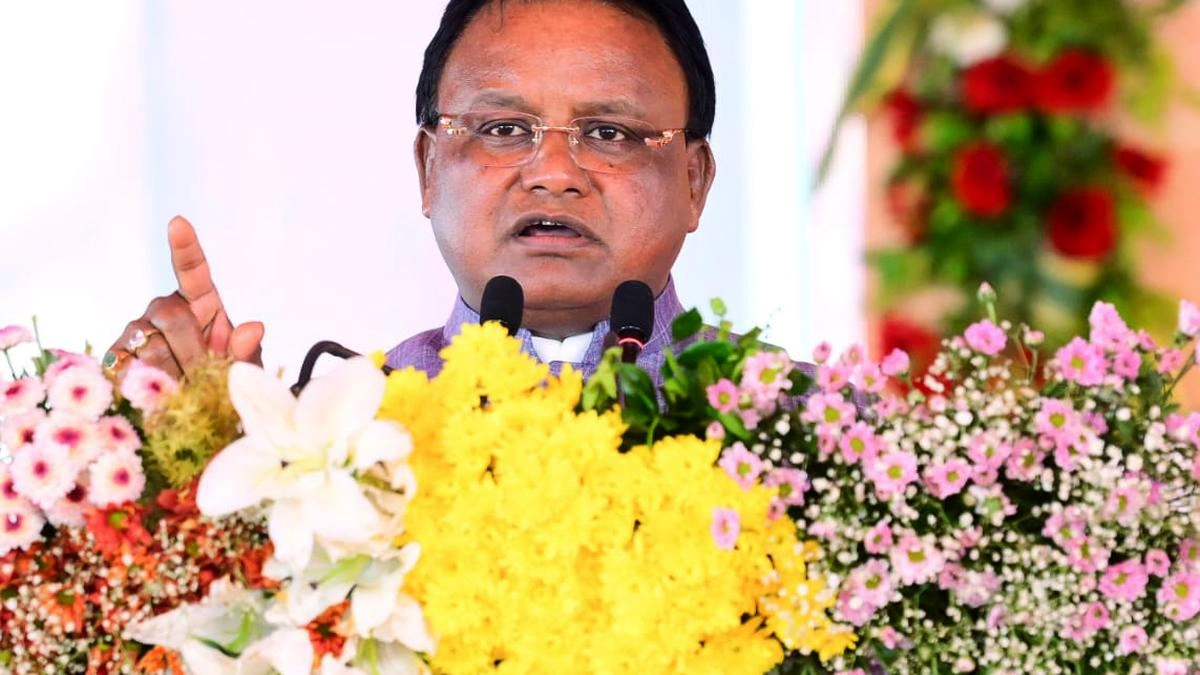
Here’s the thing: after the Durgapur gang rape reports emerged, some BJP leaders were quick to highlight the religious identity of the accused, framing it as another instance of a particular community preying on another. But – and this is a crucial ‘but’ – they conveniently left out the fact that one of the accused was not Muslim. This omission wasn’t accidental; it was a calculated move to paint a specific picture, to reinforce existing prejudices, and to communalize a crime that should have been universally condemned. This deliberate attempt to stoke communal tensions is what makes this case particularly disturbing, because it’s more than a local crime; it’s a symptom of a much deeper disease. And the local police are investigating the incident to determine all the details surrounding the crime.
Let me rephrase that for clarity: by selectively presenting information, these leaders weren’t just commenting on a crime; they were actively shaping public perception to fit their political agenda. It’s a classic example of using a tragedy to further divide society, and it’s a tactic we’ve seen deployed far too often.
Why This Matters | The Broader Implications of Communalizing Crime
So, why does this matter beyond the immediate horror of the crime itself? It matters because it erodes trust in institutions. When political leaders use crimes to score points, it undermines the public’s faith in the justice system. People start to believe that justice isn’t blind, but rather that it’s meted out based on political affiliation or religious identity. That’s a dangerous path to tread, and it leads to a society where the rule of law is weakened and where suspicion and animosity thrive. The communal polarization caused by incidents like these make social cohesion very difficult. News sources have also emphasized the importance of maintaining harmony during difficult times.
And it’s not just about trust in institutions; it’s also about the impact on the victims of crime. When a crime is communalized, the focus shifts away from the victim and their suffering. The victim becomes a pawn in a larger political game, their pain and trauma overshadowed by the divisive rhetoric. What fascinates me is how easily victims are forgotten when a crime becomes a political football.
The Role of Social Media and the Spread of Misinformation
In today’s world, social media plays a huge role in amplifying these kinds of narratives. Misinformation spreads like wildfire, often fueled by biased reporting and the selective presentation of facts. It’s important to check facts from multiple sources before believing what we see online. The algorithms that govern social media often prioritize engagement over accuracy, meaning that sensationalized and divisive content is more likely to be shared and amplified. This creates an echo chamber where people are only exposed to information that confirms their existing biases, making it even harder to have a nuanced and informed conversation about sensitive issues like gender-based violence and communal harmony .
What Can Be Done? A Call for Responsible Reporting and Political Discourse
So, what can be done? First and foremost, we need responsible reporting. News outlets have a responsibility to present the facts accurately and fairly, without sensationalizing or selectively omitting information. They need to resist the temptation to play into existing biases and instead focus on providing a balanced and nuanced account of events. Secondly, we need responsible political discourse. Political leaders need to refrain from using crimes to score political points and instead focus on promoting unity and understanding. They need to condemn all forms of violence, regardless of the perpetrator’s identity, and they need to work to create a society where everyone feels safe and respected.
And finally, we need to be critical consumers of information. We need to question the narratives that are being presented to us, to seek out diverse perspectives, and to be wary of information that confirms our existing biases. We need to recognize that complex issues rarely have simple answers, and that nuance and context are essential for understanding the truth. The West Bengal police are diligently working on the investigation process but the damage caused by false narratives can be irreversible.
Let’s be honest, this isn’t just about one case in Durgapur. It’s about the larger trend of communalizing crime and using it as a tool for political gain. It’s about the erosion of trust in institutions, the marginalization of victims, and the spread of misinformation. It’s about the need for responsible reporting, responsible political discourse, and critical consumption of information. It’s about building a society where justice is blind, where everyone feels safe and respected, and where the truth prevails. The incident also led to widespread public outrage and demands for strict action against the accused. More examples of such incidents are available.
The incident has sparked debates about the role of media and political parties in shaping public opinion, especially in sensitive cases involving communal undertones.
FAQ Section
Frequently Asked Questions
What exactly are the accusations against the BJP leaders?
The accusation is that they selectively highlighted the religious identity of some of the accused in the Durgapur gang rape , while omitting the fact that one suspect was not Muslim, allegedly to communalize the issue.
Why is communalizing a crime considered so dangerous?
It can lead to increased social divisions, erosion of trust in the justice system, and can overshadow the victim’s suffering, turning them into a political pawn.
How does social media contribute to the problem?
Social media algorithms often prioritize sensationalized and divisive content, leading to the rapid spread of misinformation and biased narratives.
What can individuals do to combat the spread of misinformation?
Be critical consumers of information, question narratives, seek diverse perspectives, and be wary of information confirming existing biases. Fact check using multiple sources.
What is the role of the police in this case?
The police are responsible for conducting a fair and thorough investigation and ensuring that justice is served without bias.
What steps can be taken to promote communal harmony in the aftermath of such incidents?
Open dialogue, community engagement, responsible media reporting, and political leadership that prioritizes unity and understanding are crucial steps.
